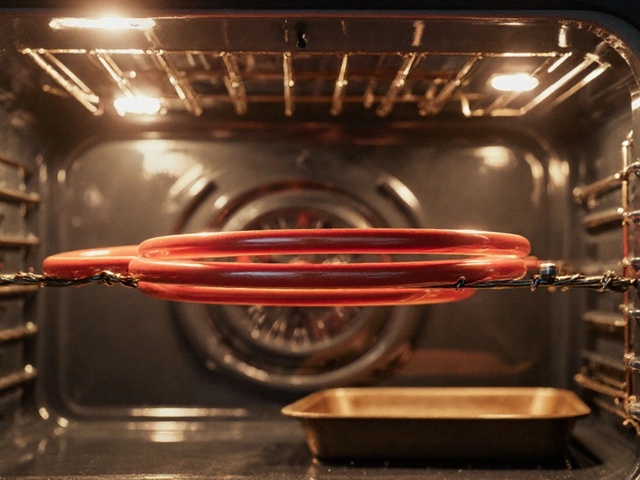Boiler Damage: Know the Signs, Fixes and When to Call a Pro
Got a cold shower or strange noises from your boiler? Those are classic clues that something isn’t right. Ignoring them can lead to bigger, costlier problems. Below you’ll find the most common signs of boiler damage, simple checks you can do yourself, and clear guidelines on when to pick up the phone.
Common Signs of Boiler Damage
First, listen. A rattling, banging, or whistling sound usually means air trapped in the system, low water pressure, or a failing pump. If the boiler keeps turning on and off (short‑cycling), it’s often a sign of an oversized unit or a faulty thermostat.
Second, look at the heat output. If rooms are unevenly warm or you feel a chilly draft even when the thermostat says “on,” the heat exchanger may be cracked or the circulation pipe could be blocked.
Third, check the pressure gauge. Most boilers work best between 1 and 1.5 bar when cold. Anything below 0.5 bar or above 2 bar indicates a leak or a pressure‑relief valve issue.
Other red flags include: leaking water around the boiler, a strong musty smell (possible mould in the pipework), and an increase in your energy bill without a change in usage. Any of these signs suggest boiler damage that needs attention.
DIY Checks and When to Call a Pro
Before you call a technician, you can run a few quick checks. Turn off the power and reset the boiler according to the manufacturer’s instructions. Flush the radiators to remove trapped air – you’ll hear a hissing sound as the air escapes, then close the bleed valve once water flows out.If the pressure is low, you can top it up using the filling loop. Just make sure you don’t over‑fill; stop when the gauge reaches the recommended level.
However, if you notice any of these after a DIY attempt, it’s time to call a professional: persistent leaks, cracked heat exchanger, repeated error codes, or any sign of carbon monoxide (you’ll need a detector for that). These issues require certified technicians who can safely dismantle parts, test for gas leaks, and replace worn components.
Why act fast? A damaged boiler can leave you without heating during the winter, raise your bills, and even pose safety hazards. Regular servicing once a year can catch wear early, keep the system efficient, and extend its lifespan.
In short, keep an ear out for odd noises, watch the pressure gauge, and note any drops in heat or spikes in your bill. Simple checks can save you from a major breakdown, but when the problem looks serious, don’t gamble – call the experts. A well‑maintained boiler means a warm, comfortable home all year round.






